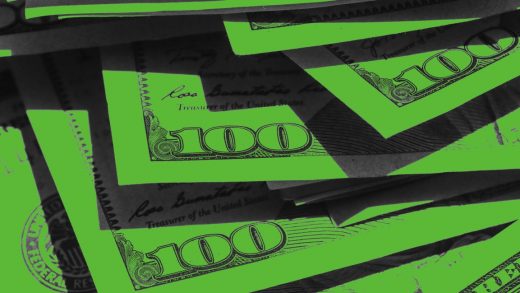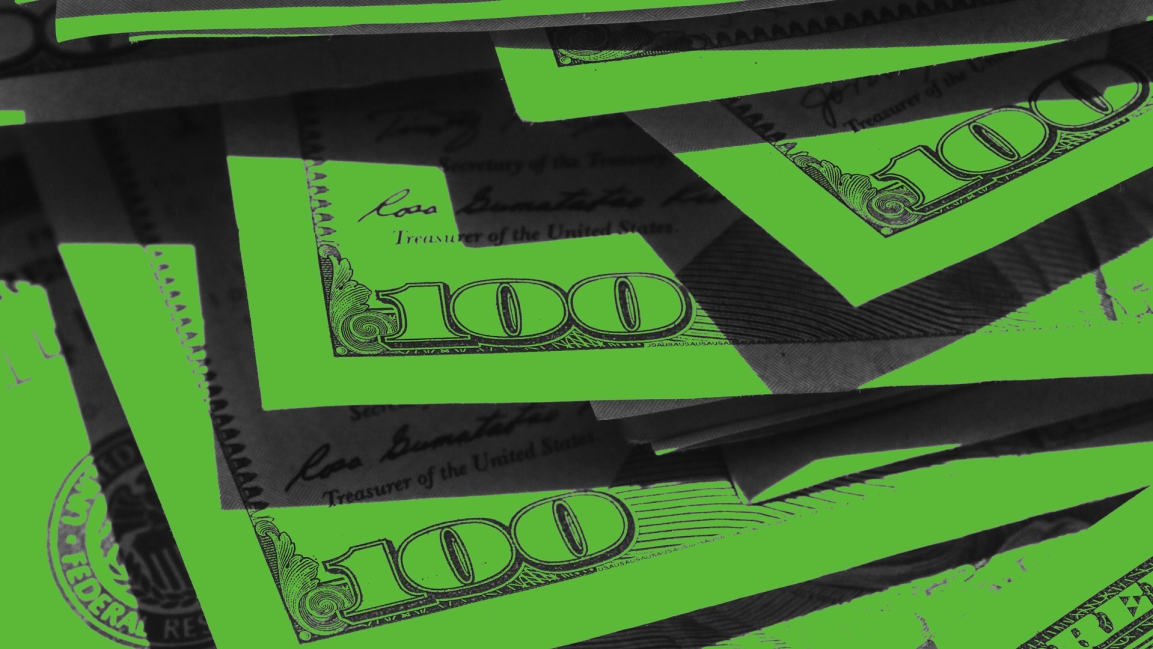How to get the fastest IRS refund check and other last-minute tips for Tax Day 2021
By Connie Lin
May 13, 2021
One of the few welcome changes brought by the pandemic was the delay of the tax filing deadline, which was pushed this year to May 17. That’s Monday, which means your respite is over. Best to start dusting off those W2s.
As you do, consider these pro tips, which will help you waltz through the paperwork while increasing your chances for the swiftest refund from the very backed-up Internal Revenue Service. Who said taxes had to be painful (I mean, besides every tax-paying citizen in America)?
Read on for your tips:
Use tax software to file electronically: This seems like a given in the digital age. But yes, your taxes will be delivered and your refund sent faster if it all happens with a click of the mouse, rather than three- to five-day snail mail. As a bonus, tax software will proofread your documents for common errors.
Select “direct deposit” rather than “paper check”: See above logic.
Steer clear of typical tax return pitfalls: Here’s the IRS’s list. Many of these can be described as misstating the barebones basics: Get your name right. Get your Social Security number right. Mail paper returns to the proper address, based on state and type of form. Provide the correct bank account number. (Note that even small mistakes can trigger a manual review, which could hold up your refund.)
If you’re using the same tax software as prior years: Make sure it hasn’t automatically imported old data that is now outdated, such as home address or employer information.
Report all taxable income: You may have multiple types that require different forms. Start by gathering all your income documents in hand: Examples include W2s, 1099-MISC (e.g. rental and royalty income), 1099-NEC (freelancer income), or 1099-G (unemployment benefits). If you’re filing a paper return, don’t forget to attach copies of these documents. As the IRS reminds, “underreporting income may lead to penalties and interest.”
Gather tax credit documents: If you want to claim credits, some require forms. Examples include Form 8962 for the healthcare Premium Tax Credit, and Form 1098-T for educational tuition credits.
Understand Form 1040’s virtual currency question: For 2020, there’s a question asking whether you “received, sold, sent, exchanged or otherwise acquired any financial interest in any virtual currency,” including much-hyped cryptocurrencies like bitcoin, ether, and dogecoin. According to the IRS, if your only transactions with virtual currency were purchases, you can answer “no.” Because if you didn’t sell, you didn’t crystallize any taxable gains or losses.
If all else fails, request an extension: Do that here to get until October 15. But remember, if you owe taxes, payment is still due May 17. If you miss it, there will be interest.
(80)



